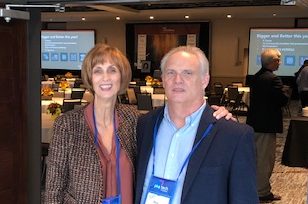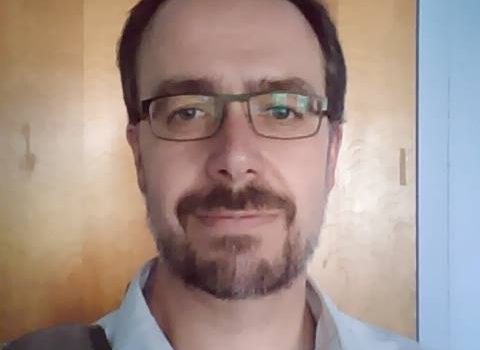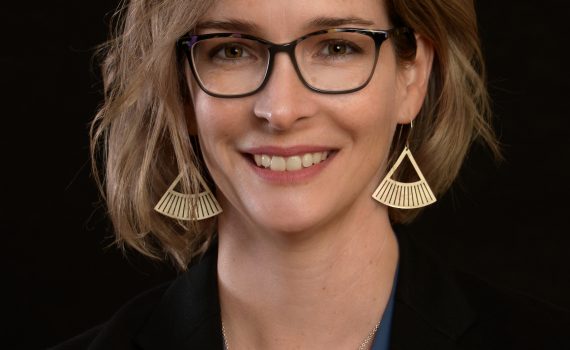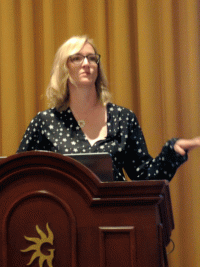
Ben Woelk Speaking Schedule–Spring 2019
Category:EDUCAUSE,Information Security,Internet Safety,Introverted Leadership,Leadership,Lessons Learned,Schedule,UncategorizedSpring 2019 Speaking Schedule
Here’s my virtual and in-person schedule. I hope to see many of you.
Don’t forget to listen to the Hope for the Introvert podcast!
Schedule
| Date | Event | Topic | Format | More information |
| 30 January | Southwestern Ontario Webinar | The Introvert in the Workplace: Becoming an Influencer and Leader | Webinar | |
| 31 January | Content Wrangler | A Tale of Two Podcasts | Webinar | With Allie Proff. Register today! |
| 6 February | STC NYC Metro | Lessons Learned on an Introvert’s Journey to Leadership | Webinar | |
| 23-24 March | CPTC Training Class at RIT | CPTC Training | Training Class | Rochester Institute of Technology |
| 25 March | STC Rochester Spectrum Conference | Leadership Opportunities May be Closer Than They Appear | Presentation | Rochester. With Sara Feldman |
| 25 March | STC Rochester Spectrum Conference | Closing Keynote: Building the Next Gen Technical Communicator | Presentation | Rochester. Spectrum website |
| 9 April | TNConX webinar series | TBD | Presentation | Webinar |
| 5 May | STC Summit Conference | Leadership Opportunities May be Closer Than They Appear | Presentation | Denver. With Sara Feldman |
| 7 May | STC Summit Conference | A Tale of Two Podcasts | Presentation | Denver. With Allie Proff |
| 13 May | EDUCAUSE Security Professionals Conference | Know Which Way the Wind Blows: Security Awareness that Soars | Preconference Seminar | Chicago. With Tara Schaufler |
| 15 May | EDUCAUSE Security Professionals Conference | Considerations for Security Awareness and Inclusive Design | Presentation | Chicago. With Tara Schaufler |
| 22 May | Genesee Valley Chapter SHRM monthly meeting | Cybersecurity and HR | Presentation | Rochester |





 Prof. Kirk St. Amant and Ben Woelk discuss what it’s like to be an introvert in the classroom, how we engage students, and the role of popular culture in teaching. We also discuss how we adapt to the absence of in-person feedback mechanisms in webinars and online courses.
Prof. Kirk St. Amant and Ben Woelk discuss what it’s like to be an introvert in the classroom, how we engage students, and the role of popular culture in teaching. We also discuss how we adapt to the absence of in-person feedback mechanisms in webinars and online courses.

 Introduction
Introduction







